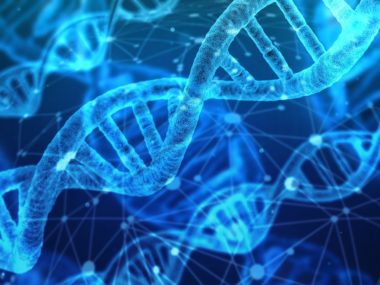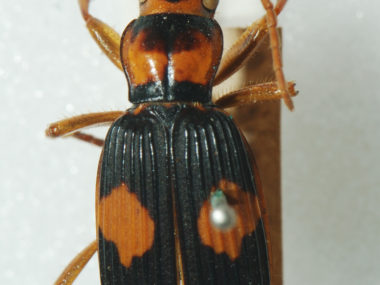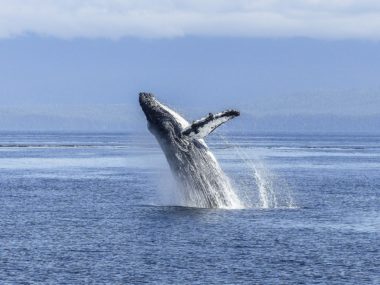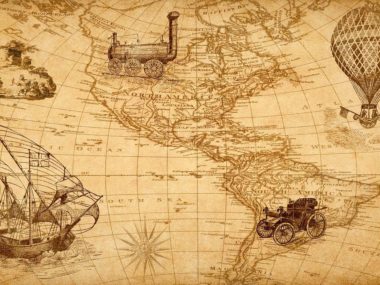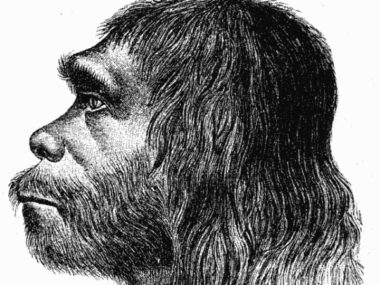At their origin, organisms were subject to God’s acts of special creation. Once created, however, organisms cannot thrive without God’s direct intervention. Every organism owes its origin to God, and every organism owes its continued existence to God (Neh. 9:6, Psa. 36:6; Col. 1:17; Heb. 1:3). God did not altogether cease from interacting with an organism as soon as it was created, He merely ceased creating and began interacting with it in a different fashion—as its Sustainer. Once Day Seven began, God was now relating to His entire creation as Sustainer, rather than Creator. Though the Creation Week was short in duration, the end of it was a substantial event in earth history and marks the beginning of a new era.
The following article is a from Devotional Biology: Learning to Worship the Creator of Organisms, Chapter 15.3, pgs. 317-318. The views expressed in this article reflect those of the author, and not necessarily those of New Creation.

Six times in the course of the Creation Week, God labeled His creation work ‘good’: light on Day One (Gen. 1:4), continents and oceans during the earlier part of Day Three (Gen. 1:10), plants during the later part of Day Three (Gen. 1:12), the sun, moon and stars on Day Four (Gen. 1:18), animals of the sea and air on Day Five (Gen. 1:21), and animals of the land on Day Six (Gen. 1:25).
At the end of the week, He evaluated everything He had done and for His seventh evaluation, pronounced everything He had fashioned ‘very good’ (Gen. 1:31). At that time, the biological world was exactly as God intended. Organisms were living in mutualism, and there was no biological evil. Animals and humans did not die, animals and humans ate plants and not animals, there was no disease, there was no degenerative aging, and there was no suffering. The biological world was in a state of shalom (peace), just as God intended it and just as it will be after the curse is finally eradicated. Because this biological optimum persisted for as long as Adam and Eve lived in the Garden of Eden, the period of shalom is called the Edenian epoch.

Scripture does not indicate how long the Edenian epoch lasted. At best, we can place very rough maximum and minimum values on the length of the Edenian epoch. For example, when Adam and Eve ‘heard the voice of the Lord God walking in the garden in the cool of the day’ (Gen. 3:8), the text intimates that they had heard the voice of God before, and that it had become a daily ritual. This suggests that the Edenian epoch lasted for a least a few days. A rough maximum can be calculated from the birth of Adam and Eve’s children. Scripture indicates that Seth was born to Adam when Adam was 130 years old (Gen. 5:3), and Eve considered Seth a replacement for her son Abel (Gen. 4:25), who had been killed by her firstborn son Cain (Gen. 4:8). Cain, in turn was not conceived until after Adam and Eve were kicked out of the Garden of Eden (Gen. 3:23, 4:1). So, the Edenian epoch lasted for 130 years minus at least the age of Cain when he killed his brother Abel. The length of the Edenian epoch was something between a few days and a century or so.
Compared to the entire course of earth history, the Edenian epoch did not last long. However, since it was the creation as God desired it to be, the Edenian epoch is important in Earth history. It provides, for example, an ethical norm to guide us as we determine how best to care for and restore the creation. It is also the state to which the entire creation yearns to return (Rom. 8:19-21).
The Frontiers of Research
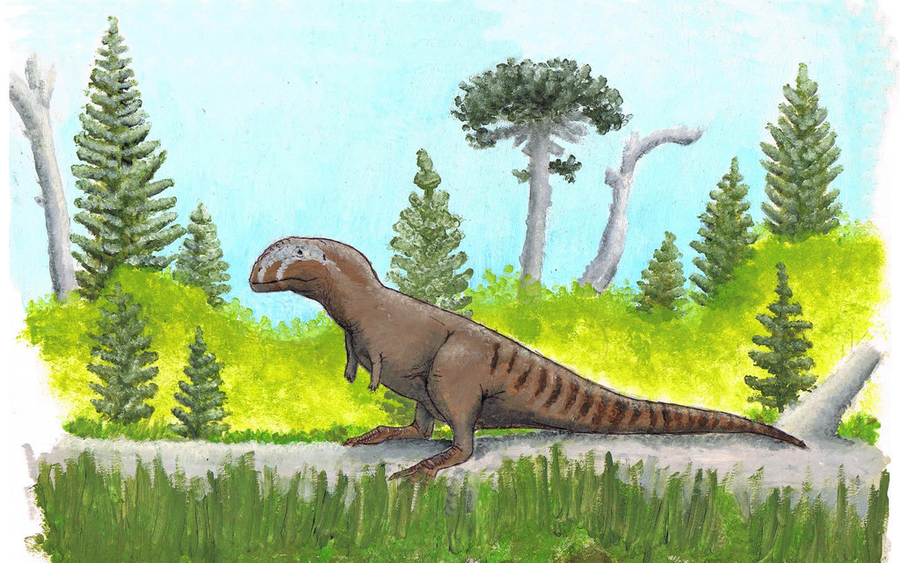
Even though the Edenian epoch ended only thousands of years ago, it is a difficult time period for us to understand, for it functioned in a very different manner than does our modern world. For example, it is nearly impossible to imagine a world without any biological evil (no degenerative aging, no disease, no nephesh death, no natural selection, no carnivory). Furthermore, several world-changing events occurred between then and now, including a global flood that would have destroyed most of the evidence from this time period that might still have been present at the time the Flood began.
Because so little is known about the Edenian epoch, we have much to learn. Exciting research topics include such things as how communities function without animal death, how accidental animal death is avoided, how population levels are controlled without death, and what baramins, species, and communities existed across the planet during this time period.



